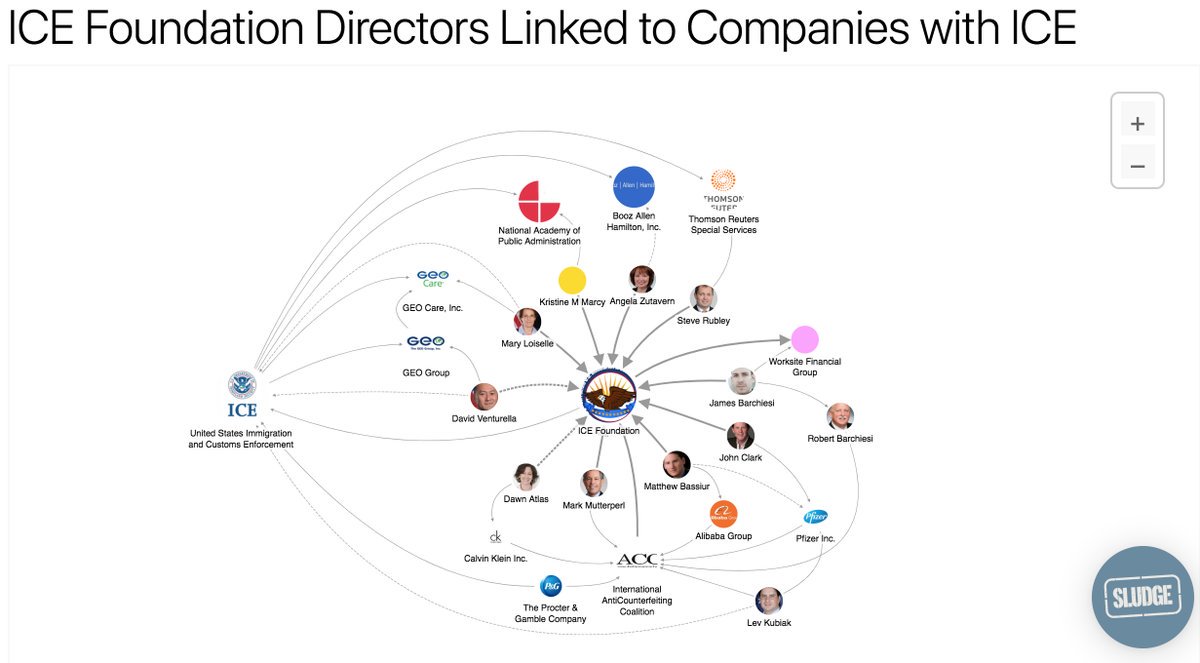A thread.
-evidence for real time responsiveness
-explains o/w puzzling features
-fits individual/cultural variation
-offers unifying explanation for broad swaths of observed preferences/ideologies
-jibes w/ what we know bout how learning works
Can’t really understand what’s going on w/o thinking this way.
-what principles we hold
-what we are passionate about
-when and how we care bout others, or bout public goods like the environment
-whether we believe in climate change, or want guns to be regulated
-think everyone is created equal
-making $
-being liked
-developing a legacy
-not getting beaten up
-mating opportunities
The stuff we *evolved to like*. The stuff that, in turn, *acts as reinforcers* in learning processes. Determining what new things we learn to like.
I’ll cover few examples:
-empathy
-taste for luxury goods,
-“snius” clothes. (How orthodox Jewish women dress.)
Empathy is just something we feel right? Fixed part of our thoughts and feelings. Not itself susceptible to incentives? Right?
-when being observed giving to charity, people not only give more, they feel more empathy.
-when helping is more costly, they not only help less, they feel less empathy.
Were these people naturally selected b/c less empathetic? Or did they learn ways to be less empathetic, when their job (and financial incentives) demanded such?
- drink more.
-avoid walking Jews 1-1 to forest but in groups.
-don’t look them in eyes when shoot, but shooting in back of head.
- hire locals to round up
-claim to sick to work
-hide behind trucks or wander off.
-throw up
-ask for permission not to
It took time till they learned how to handle the task. How to adjust to their newfound incentives to genocide
Like paintings of fertile women. Or calorific donuts.
And they explained to me why.
I started liking it too.
Of course I did.
I also have an incentive to be seen as tasteful.
Or the rothko’s I enjoy looking at.
Or the jewelery or handbags I find elegant.
This one about religious beliefs adjusting, in real time, to the incentives we face.
The thing is she was in her twenties. And not yet married. And Yahweh doesn’t like premarital sex. And “revealing” clothes. Which makes being single in your twenties a bit harder.
No.
What Yahweh wants (or her beliefs of such) have shifted.
That’s what I mean when I say our ideology adjusts according to our incentives.
Reinforcement learning. Social imitation. And, the not so aptly named: act selfishly and find a way to justify and internalize that justification.
Or the high status rabbis or professors or wise gurus everyone wants advice from.)
Ask a bunch of agricultural people’s who they learned their farming techniques from. And measure everyone’s yield. The farmers with higher yield got imitated more. Especially when the crops were more similar.
Show a bunch of toddlers an old dude turning on a lightbulb with his head. The toddlers copy him. But only if his hands are not occupied or he isn’t ow incompetent, like wearing shoes on his hands.
It’s also really hard to learn to like spiders and snakes
Here’s another: try living in the snows of Alaska, as the natives did.
Why do Indians like spicy food? Spices, especially on meats, especially in the kind of combinations seen in their recipes, added to the meats at the right times, kill bacteria. Which is crucial if you wanna serve meats in warm climates pre-refrigeration.
Their beliefs, and corresponding taboos, serve a function. They don’t need to be aware of it.
There’s the classic moral dumbfounding studies. (See Haidt)
Immoral? Gross? Yup.
But most people don’t know this. They just find it gross.
Does that mean he didn’t really believe that theology? No. He seems quite genuine in his beliefs.
That’s what we do. We form beliefs that fit our incentives. And then really come to believe them. (Where else would they come from? Facts and logic? Hah.)
(Part four of thread?)
-altruism: plausible deniability, scope neglect.
-motivated reasoning: asymmetric updating, confirmation bias.
-passions: crowding out, flow, grit.
-principles: foot in door technique, cognitive dissonance.
(I’ll also summarize each.)
-altruism: norm enforcement
-motivated reasoning: optimal persuasion w/ private information.
-passions: optimal human capital investment.
-principled: reputational capital.
(I’ll explain what I mean.)
For instance, people give the same to charity, regardless of whether their donations is matched 1:1, 2:1, or 10:1. Which tells you they don’t *really* care about impact. (As any “effective altruist” will confirm.) Why not?
(See Karlan and List 2006)
Why does our sense of altruism depend on whether we have a plausible justification for not being pro-social?
Pro social when in the know. But prefer to be selfish and not know.
The norm enforcement story again depends on observability and common knowledge.
Again let’s focus on the puzzling features of m.r.
People incorporate supportive evidence, but ignore non-supportive evidence. (“Asymmetric updating”)
Just presumed. It’s presumed if we are gonna fool ourselves this is the natural way to do it. But that’s false.
It’s intuitive b/c it’s in fact what we do. But puzzling.
That’s a quirky feature of motivated reasoning. This asymmetry. Noticed. Well documented. But unexplained.
We are just trying to persuade others. Our false beliefs are just an internalization of what we want others to think we believe
That’s obvious. The latter is a way to cheat that’s harder for others to detect and penalize.
Which makes a lot of sense when we think bout lying to others.
(Again see this thread for more details: )
And also when we are given praise for our work?
Is it free and always advisable for our employers to tell us such?
(They don’t answer these questions. As usual in behavioral work, they offer “proximate” explanations that just beg the question. But do a nice job documenting and explaining the phenomena.)
Meaning? Yeah, that’s what we call it when something is socially valued. (What else could it mean?)
(Which in this case, I summarized with the phrase “optimal human capital investment.”)
(Last application. Then I’ll conclude.)
So people try very hard to justify their behavior based on abstract moral principles.
And sometimes live their lives to abide by such principles.
Like when we hire someone, or marry them, or give them political power, or join their religious movement.
)
Which in turn might motivate you to not consider the selfish benefits to deviating. One key feature we observe in principled behavior.
-we penalize people for considering “taboo trade offs” (see tetlock)
-we prefer people who “intuitively cooperate” (see jillian Jordan )
-and friends who “don’t count” (see joan silk)
-and consider it immoral to think bout people as a “means” and not just an ends (see kant)
Eg if you ask someone to put up a Hilary Clinton sticker on their window, they are more likely to volunteer to gotv for her, then if you start by asking them to gotv
And explains it with reference to “consistency motives” and “cognitive dissonance.”
That is, as usual in social psych, just a relabeling of the phenomena. And begging the question.
That question beig: why do we feel icky when we are “inconsistent”? And when do we feel this way?
How? Well think about the incentive to adhere to a principle. After you have accrued some “reputational capital” as abiding by it. Is it smaller or lower than before?
But moreover, I have a strong reason to be trustworthy in this case as well.
But not consistency based on some purely logical sense. As if I just feel dissonant if my behavior is illogical.
No. Consistency with a *desirable principle.*
By plausibly I mean, it’s not common knowledge that your behavior is not motivated by the principle.
And that’s good enough for me to be willing to trust you w/ the residual control rights.
When (when you need to be trusted.)
Who (those who need to be trusted, especially if have accrued reputational capital.)
I argued that incentives shape our tastes ideologies. We know this because we can see it if we attend to short term adjustments to tastes and ideologies. And this is consistent with how we know people learn.
And that it’s really hard to understand those things w/o thinking bout incentives.
And that’s really the only way to understand what’s going on.
/eom






















